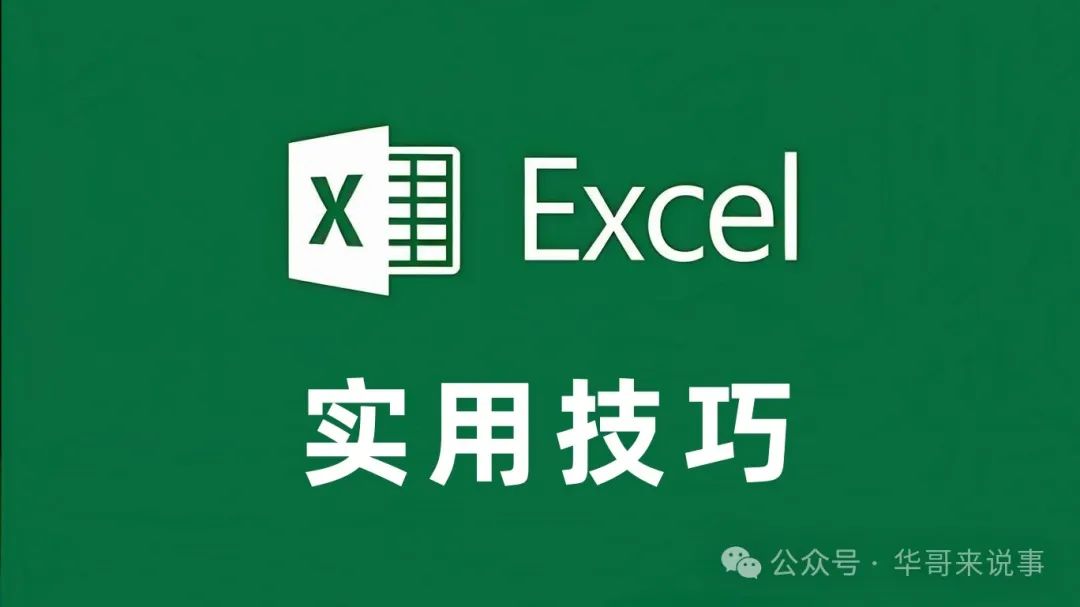Qingma Information | "Artificial Intelligence Ethics From Cross-cultural Perspectives" Chinese And French Academic Roundtable Was Successfully Held In Paris
Qingma Information | "Artificial Intelligence Ethics From Cross-cultural Perspectives" Chinese And French Academic Roundtable Was Successfully Held In Paris
On May 30, 2025, China-France School of Artificial Intelligence Co., Ltd. co-organized by the China-France Artificial Intelligence Association and the School of Marxism at Tsinghua University


On May 30, 2025, the China-France Academic Roundtable Forum on "Artificial Intelligence Ethics in Cross-Cultural Perspectives" co-organized by the China-France Artificial Intelligence Association and the School of Marxism at Tsinghua University was successfully held in Paris, France. The event brought together more than 20 well-known scholars and industry experts from China and France in the field of artificial intelligence ethics, and conducted in-depth exchanges on core issues such as ethics, security, and cultural differences in the development of AI, demonstrating the value of cross-cultural dialogue in the integration of science and technology and humanities.
Professor Xiao Wei:
Building an AI ethics system for "goodness" and deepening Sino-French cooperation

Xiao Wei, a professor at the School of Marxism at Tsinghua University, delivered a keynote speech entitled "The Evolution and Challenge of China's Artificial Intelligence Ethics". She reviewed the development process of China's AI ethics and pointed out that China adheres to the governance concept of "artificial intelligence for goodness" and has built a collaborative governance system characterized by policy guidance, expert support and extensive participation of enterprises. She also admitted that she is still facing challenges such as lagging legislation, rapid technological development over ethical construction, insufficient transparency, and shortage of interdisciplinary talents. Professor Xiao said that while developing AI ethics, China attaches great importance to international dialogue, and the EU’s experience in legislation and regulatory mechanisms is worth learning from. This roundtable has built a good platform for China-France exchanges, which will help promote the coordinated development of global AI ethics governance.
Professor Goffi:
Ethics should not be "one size fits all" and cultural differences should be respected

Goffi, professor of artificial intelligence ethics at the ISEP Higher School of Electronics in France, explained the European ethical thought tradition and the European Union's "credible AI" principle with the title "AI Ethics from the European Perspective". He stressed that ethics are not static standards, but moral decisions aimed at specific goals and in specific situations. In the face of deep risks caused by AI, law alone may not be enough to deal with it, and the role of ethical judgment is becoming increasingly prominent. He called for a single ethical system dominated by the West and tolerate the value system and cultural backgrounds everywhere. Goffi pointed out: "There is no distinction between good and evil in artificial intelligence itself. The key lies in what goals those who use it want to achieve." He emphasized that the core of AI ethics lies in regulating the relationship between humans and AI, as well as the interaction between technology and social environment.
professor:
AI-generated content is challenging the boundaries of knowledge and responsibility

From the perspective of philosophy of science, the French National Center for Scientific Research (CNRS) and the Director of Research Professor of the Institute of Science of the Sorbonne University in Paris explored the impact of AI development on author identity, authenticity judgment and responsibility ownership. He pointed out that the widespread use of big models (such as GPT,) in the fields of medicine, writing, etc. is blurring the boundaries of "who is the author". Although AI can generate high-quality content, it does not have the intellectual pursuit of truth or the moral obligations of doctors. This breakdown between ontology and epistemology requires ethical alertness. He warned that if there is no clear responsible party, the unpredictability of AI decisions will bring potential risks.
Roundtable dialogue:
Consensus construction and future picture of global governance
In the subsequent roundtable discussion session, the experts at the meeting held in-depth discussions on topics such as "cultural differences in artificial intelligence ethics", "philosophical basis of AI governance", "technical responsibility and social impact", "building of AI ethical standards", and "possible paths to global ethical consensus". Participants included Fang Zhigang, special consultant of the China-France Artificial Intelligence Association, Liu Jingdong, associate professors Zhu Xiaomei, Li Jiangjing, and Liu Enzhi, assistant professors Chen Yiwen, secretary Wu Dan, assistant researcher Benoît, associate professor at the University of Paris, Zhang Haifei, associate professor at Saint-Etienne Jean Mone University, Ni Jincheng, expert at the Strategy Office of the Prime Minister's Office, Piera, lecturer at New York University in Paris, Wang Yin, executive secretary of the China-France Artificial Intelligence Association, and doctoral degree in institutional economics at the University of Arts and Sciences of Paris, Fu Lu, and many young scholars. Everyone agreed that promoting cross-cultural ethical dialogue and institutional consultation mechanisms is of great significance to the future global AI governance.

The meeting ended successfully with a relaxed and fruitful exchange luncheon. Participants expressed their hope that China and France will continue to deepen cooperation in artificial intelligence ethics research, policy formulation and practical application, and contribute wisdom and experience to global AI governance.
Source | WeChat public account "AIFC in the legal artificial intelligence"





